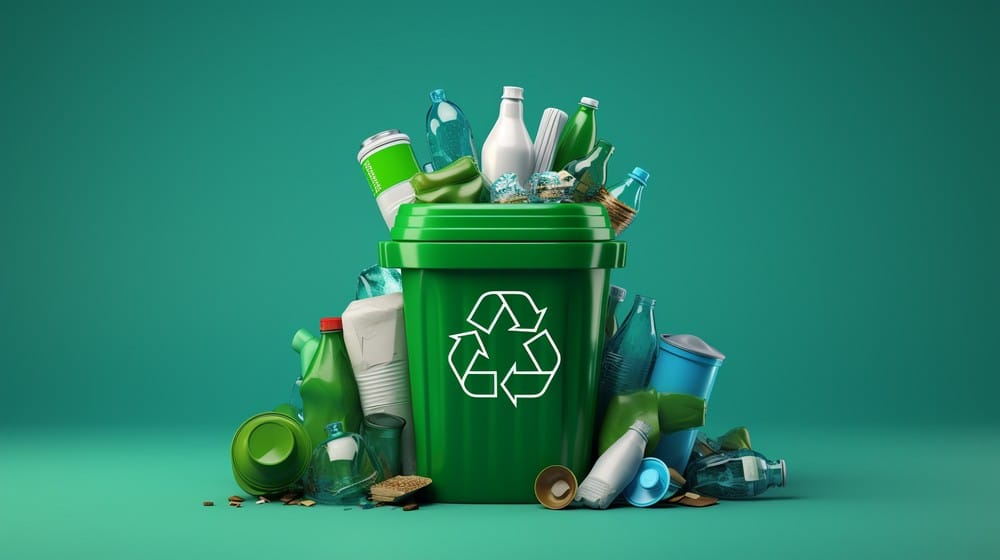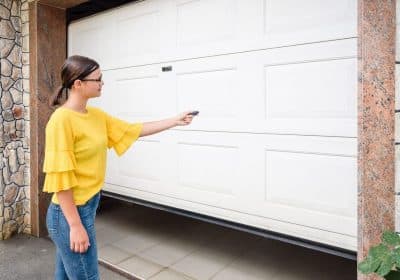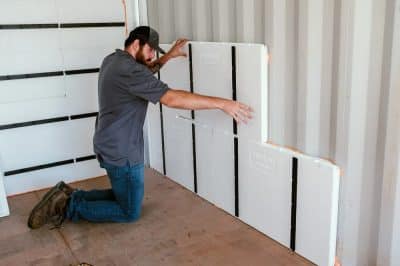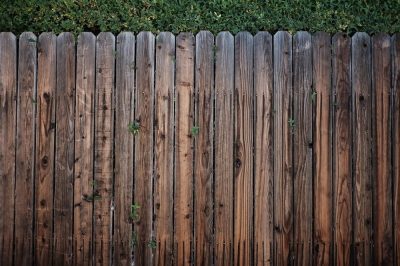
With advancements in technology and medicine, different types and high volumes of waste are generated by homes. Managing waste has become an urgent and complex challenge for households. Homes generate regular trash to hazardous medical waste, which seriously impacts public health and the environment if not handled safely. Traditional disposal practices do not meet the legal and environmental requirements for safe and responsible waste management.
Medical sharps are critical items that millions of people use for medical care and treatment. Needles, lancets, and syringes can cause serious injuries and infections, requiring effective sharps disposal methods at home. This blog aims to educate homeowners regarding the importance of managing household waste responsibly. It explores smart, safe, and sustainable strategies for the proper management of household waste. Homeowners will be encouraged to adopt habits and practices to ensure a healthy community and safe environment.
Understanding Household Waste
Household waste refers to the refuse generated from cleaning, cooking, and other daily chores. These include items like plastic, food scraps, glass, batteries, chemicals, and even medical waste. As people opt for at-home care and treatment for different medical conditions, the generation of waste like sharps, medication, and other regulated medical waste is also rising.
Households generate different types of trash based on their disposal methods.
Organic Waste: Kitchen waste, garden waste, and other biodegradable waste like food scraps
Recyclables: Items like glass, metal, paper, and plastics
Hazardous Waste: Items like cleaning agents, paints, electronic devices, and medical waste
While focusing on organic and recyclable waste helps lower overall waste volume, hazardous waste like sharps requires special attention. Sharps disposal is critical and complex as it includes needles, lancets, and syringes that can cause injuries and infections to residents and waste handlers. Disposing of sharps in regular trash contaminates other household waste and complicates their safe disposal.
Household wastes can affect the entire community’s health and pollute the environment when they come in contact with the surrounding land and water. Understanding the different types of waste and their impacts is the first step to an effective household waste management plan.
What are Household Sharps?
Sharps are medical tools with sharp edges, such as needles, lancets, and syringes. Household sharps include diabetic needles, EpiPens, and syringes used by members with chronic conditions like diabetes and allergies. These are frequently used for at-home care and treatment. While sharps are essential for medical treatments, improper disposal can cause serious harm to residents and sanitation workers.
Sharps can cause serious injuries and result in the spread of bloodborne infections like HIV and hepatitis. Households should follow the regulations of legal and environmental agencies to store and dispose of sharps safely. Specialized disposal methods using proper containers can help limit or prevent the health hazards and environmental impacts of sharps.
Safe Disposal Practices for Sharps
Sharps disposal is an intricate part of medical waste management. Health and environmental agencies like the FDA, EPA, OSHA, and DOT have very strict regulations regarding the proper handling and disposal of sharps. Following recommended practices ensures their safe disposal at home and protects you from health and legal problems.
Immediately place used sharps in an FDA-recommended container to prevent needle sticks, cuts, and injuries. FDA-recommended containers are highly padded, leak-proof, and puncture-proof containers with secure lids, available in local pharmacies, medical supply stores, and online. If they are not available, household plastic containers with proper lids can be used.
Once the container is full, there are several convenient methods to dispose of it. Many communities have take-back programs for hazardous waste, mainly for sharps. There are specific drop-off locations like hospitals, clinics, pharmacies, and community centers that accept sharps waste. They ensure that sharps are treated and then disposed of safely. You can also participate in exchange programs to exchange used needles for new ones.
Mail-back programs are also available, which allow sharps users to mail their containers following the guidelines of the U.S. Postal Service. The containers are sent to a collection site for proper disposal, protecting individuals and their communities from harm. They are cost-efficient, convenient for people in rural areas or with mobility issues, and also help maintain the privacy of patients.
Unsafe disposal practices are dangerous yet very common. Sharps should not be mixed with regular household trash or flushed down the toilet. They should never be recycled, and even sharps that retract after use or are small should be treated with utmost care. The needles attached to syringes should not be bent, broken, removed, or recapped. They should be disposed of in sharps containers and kept out of reach of children and pets.
Smart Trash Disposal At Home
While medical wastes like sharps significantly impact health and the environment, other household wastes also require proper waste management to reduce their adverse effects. Follow these smart strategies to ensure safe trash disposal at home.
Segregation
Segregation is the first and crucial step in proper trash management. You can use color-coded bins like green for organics, blue for recyclables, and black for general trash to make it easier for household members to segregate waste according to their disposal methods. Proper education and labeling help to prevent contamination of recyclable and organic waste.
Composting
Biodegradable waste from the kitchen and garden can be used for composting. It reduces the pressure on landfills and creates free compost to enrich the soil at home. You can opt for composting at home by installing small bins or sending organic waste to city-sponsored composting programs.
Recyclables
Households also generate large quantities of recyclable items like plastic cups, paper, glass, and metal. Make sure to rinse and sort all these items to remove contaminants. You can recycle certain items at home by following guidelines or drop the recyclables at a recycling center.
Digital Tools and Apps
Different digital tools and smartphone apps have been developed to manage waste properly. They send reminders on collection days, help identify recyclables, and locate disposal facilities nearby. There are smart bins that track waste levels with sensors and send feedback for optimized collection schedules.
Combining these strategies ensures smart and safe trash disposal, reduces environmental impact, and encourages sustainable practices at home.
Waste Reduction Tips
The best way to manage waste is to reduce it. With changes in daily activities, habits, and consumption patterns, households can significantly lower their waste volume. Here are a few tips that households can follow for waste reduction.
- Purchase only the required amount of food to reduce waste from expiries, leftovers, and food scraps.
- Use household items like vinegar, baking soda, and lemon for cleaning rather than purchasing cleaning agents with harmful chemicals.
- Try to reuse old clothes for cleaning, revamp old furniture for exterior spaces, and reuse luxury items rather than purchasing new ones.
- Reduce the water used for cleaning, laundry, bathing, and other daily chores. Try to collect rainwater and use it for irrigation, cleaning, and other activities.
- Donate furniture, equipment, appliances, and other property to charities or community centers rather than throwing them away, especially when moving houses.
- Make sure to reuse tools, equipment, and hardware for home renovation projects like painting, maintenance, and repair.
- Buy groceries in bulk to reduce the use of plastic bags and wrappings. You can also use large glass containers to store items than plastic ones.
- Choose metal and wood cutlery and kitchenware rather than plastic straws, cups, utensils, and containers.
Manage Waste Properly at Home
Waste disposal is a complex yet critical concern for homeowners. Managing household waste, especially sharps, is becoming more crucial to protect the community from injuries and infections and the environment from pollution. Homeowners can ensure safe and sustainable waste practices by following segregation, composting, recycling, and proper sharps disposal methods. Educating all household members and changing consumption habits can help reduce the health risks and environmental impacts of household waste.








